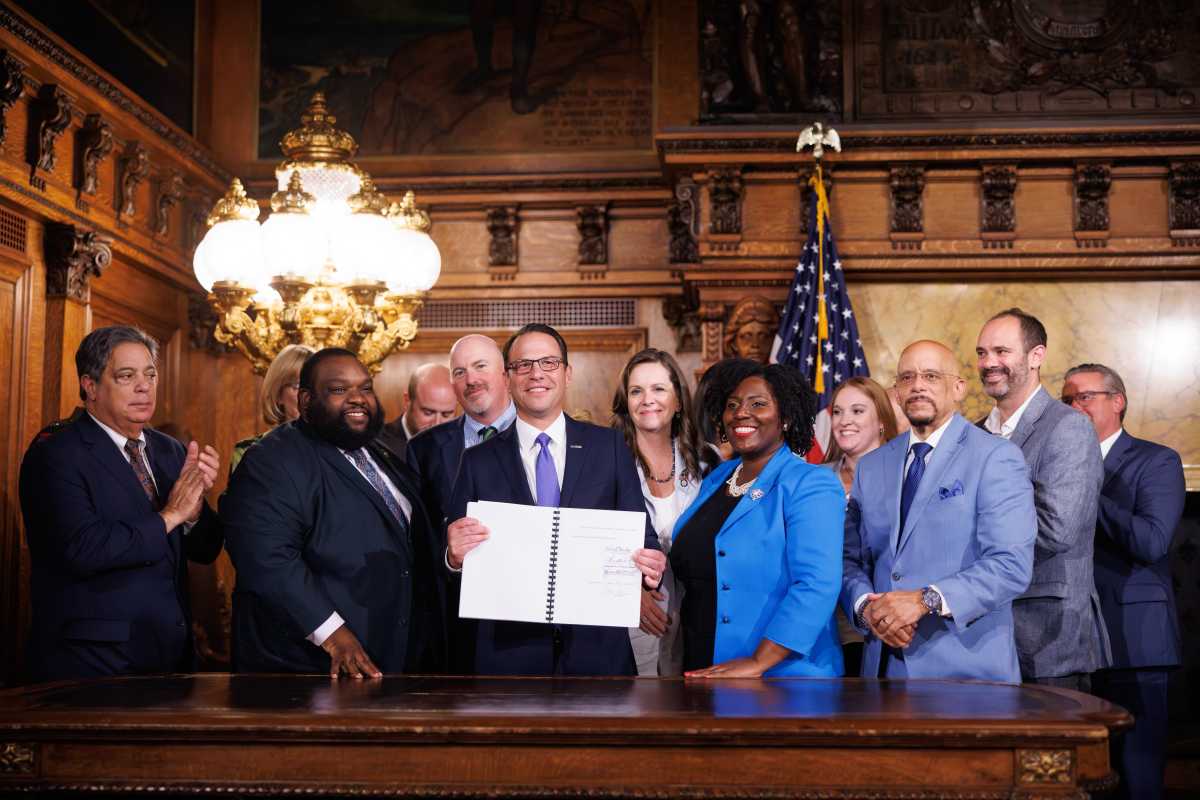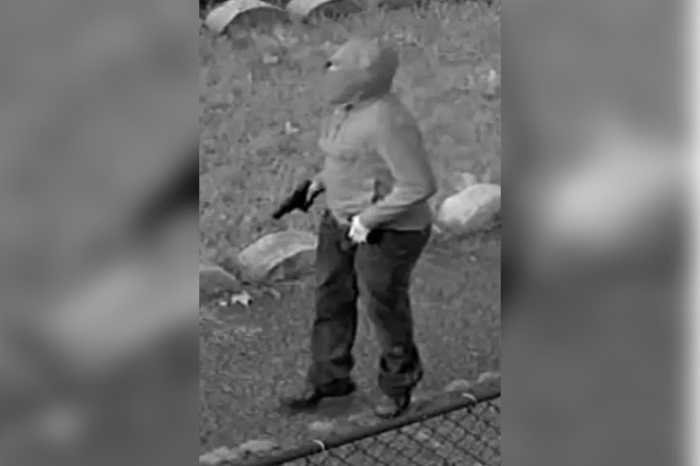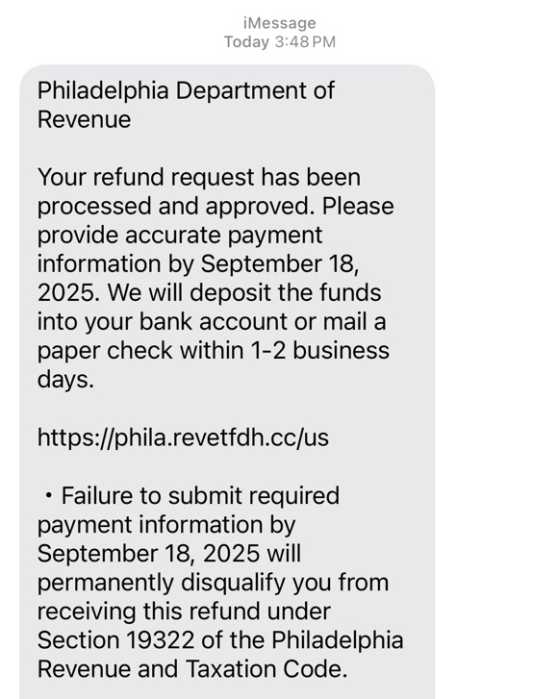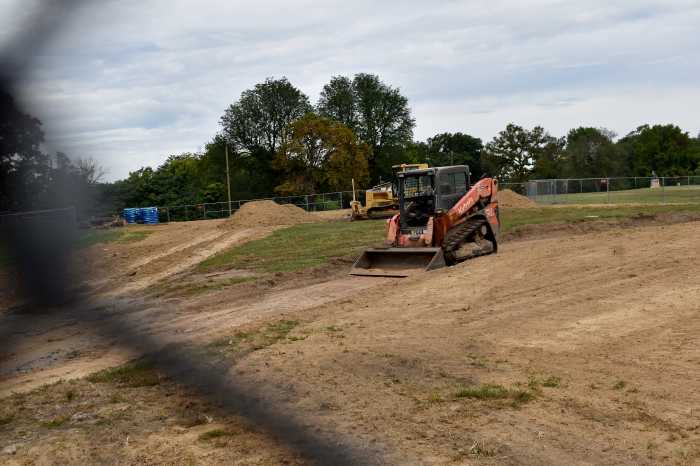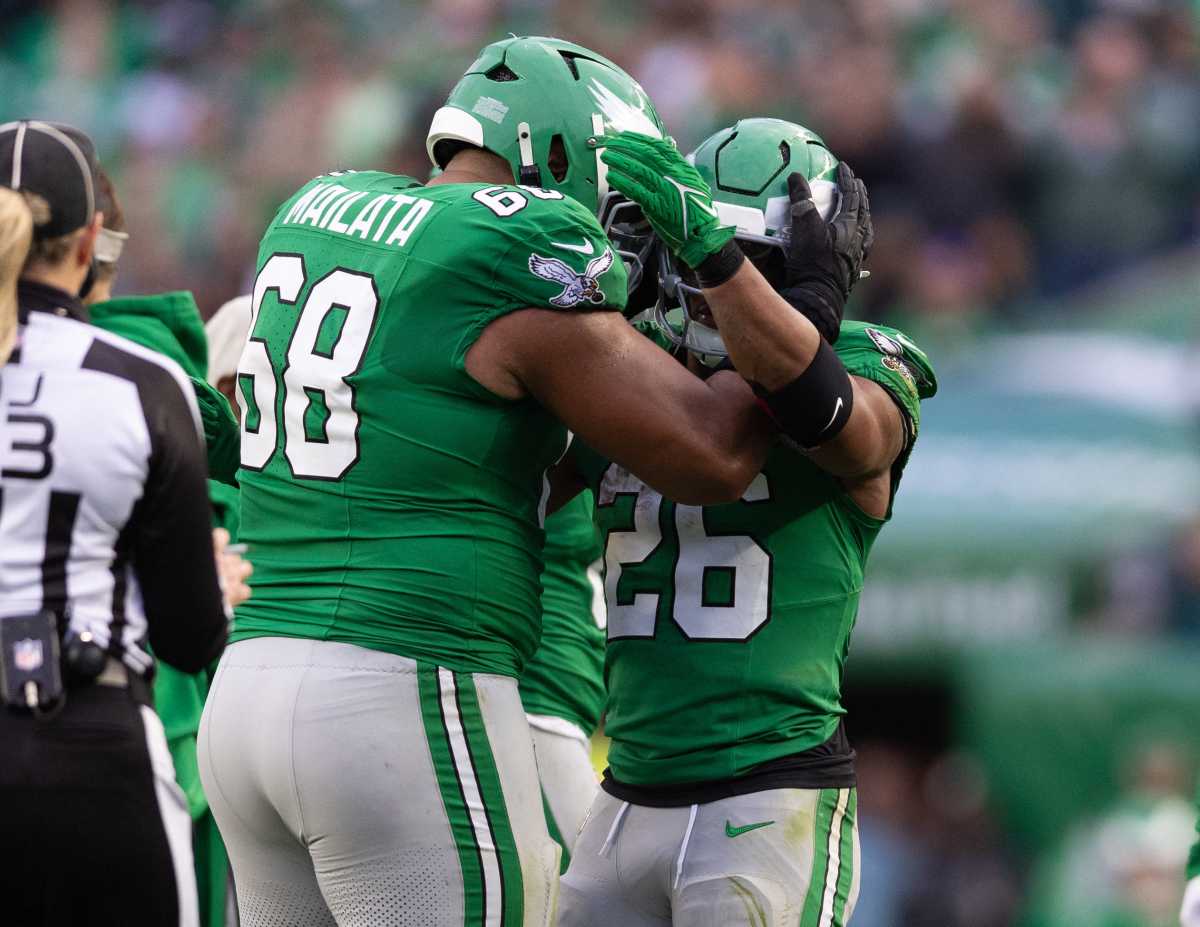Gov. Josh Shapiro’s proposal to increase Pennsylvania’s public transit funding was heralded as a way to overcome SEPTA’s “fiscal cliff” and avoid what the authority’s general manager has referred to as a “death spiral” of cuts and fare increases.
It did not happen.
However, when budget negotiations wrapped up late last week in Harrisburg, SEPTA and other mass transit agencies in the commonwealth did get a pledge from the governor and legislative leaders to revisit the issue in September.
Shapiro’s plan to devote a higher share of state sales tax revenue to transit agencies would have netted SEPTA an estimated $161 million a year to cover operating expenses. Instead, the authority will get less than a third of that total.
The budget includes $80.5 million in one-time funding for mass transit. SEPTA is expected to receive about $50 million.
“That is just a start,” Shapiro said after signing the spending plan. “We are all committed to returning in the fall and finding a permanent solution for mass transit across Pennsylvania.”
The money, authority spokesperson Andrew Busch said, is “intended to serve as a bridge” to allow SEPTA to delay any cuts until the legislature reconvenes and has the opportunity to craft a funding mechanism.
SEPTA, with federal coronavirus relief money expiring, is facing a $240 million annual deficit. Ridership has increased but still remains down 28% compared to pre-pandemic levels.
Leslie Richards, the authority’s general manager and CEO, told state lawmakers last year that, absent sustained funding, SEPTA would be forced to slash service by 20% and raise cash fares to $3 to cover the funding shortfall.
Any potential cuts would necessitate hearings and board meetings. The process would likely take at least a few months from proposal to implementation, Busch said.
Last month, the authority’s board approved its own $2.6 billion budget for the current fiscal year, which began July 1. The document, which assumed passage of Shapiro’s proposal, included funding to hire 40 transit police officers and 100 cleaners, among other initiatives.
“The priorities laid out in the budget are still continuing full speed ahead,” Busch told Metro.
Even accounting for the increased state dollars, SEPTA was planning to pull about $76 million a year from its Service Stabilization Fund to cover fiscal gaps over the next several years. That backup pot of money could be exhausted much more quickly without help from Harrisburg, Busch said.
“We have some time, but not a lot of time,” he added.



